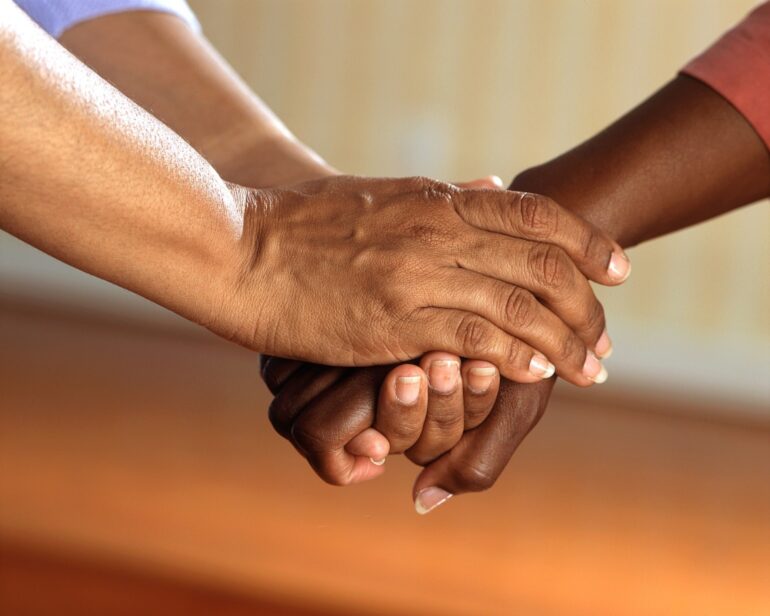As part of our “You Said It” Op-Ed series, we invite contributors to submit their opinion pieces. The views reflected in these pieces may not be our own. Have a submission? Contact us here.
When my wife was hospitalized in January, our friends who lived through the AIDS epidemic in the ‘80s dove into action, knowing exactly what we needed. Our younger friends wanted to help, too, but maybe because this was their first pandemic, they flailed about, unsure of what to do.
Most people with Covid-19 will recover at home. That means they may need help with everything from meals to monitoring vital signs, all remotely. This doesn’t come naturally to all people—if you’re one of them, this list is for you.
Be a help coordinator.
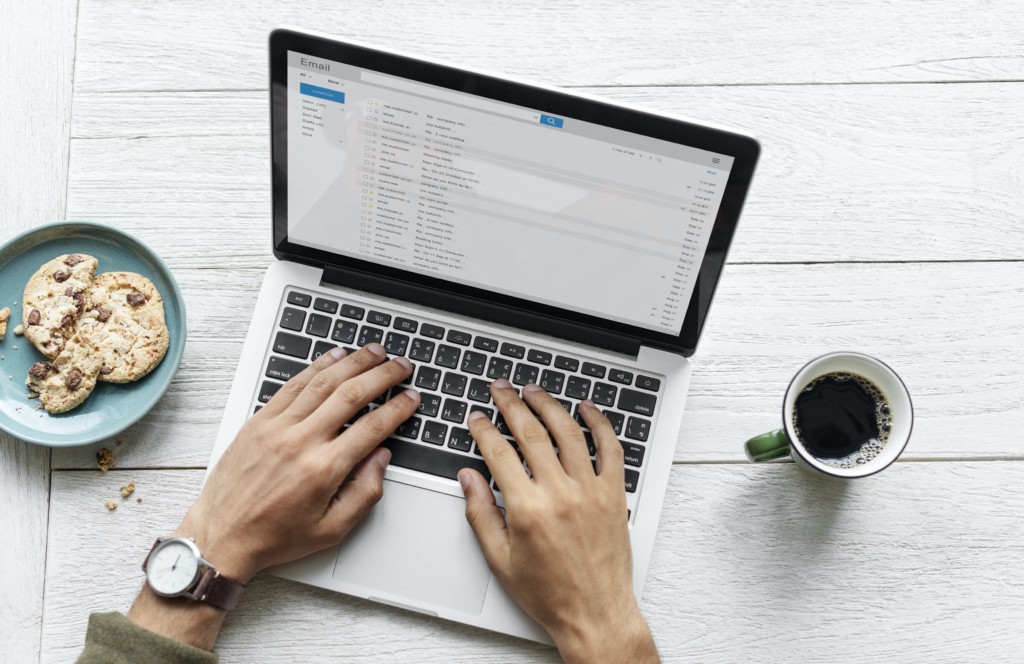
The long-term fatigue and mental fog that accompanies Covid-19 can be disabling. A tremendous form of support is to be an extra brain. It’s a big job, but it can be done online from anywhere in the world. Gather the names and emails of your convalescent’s nearest and dearest and set up a site like MealTrain or CaringBridge for people to sign up for meals and other tasks. A dear friend of ours quickly made a GoogleSheet with a list of tasks and emailed the link to anyone who wanted to help. HCs may also manage a child care relief schedule and email well-being updates. They earn angel’s wings.
Contact solo folks at the same time every day.
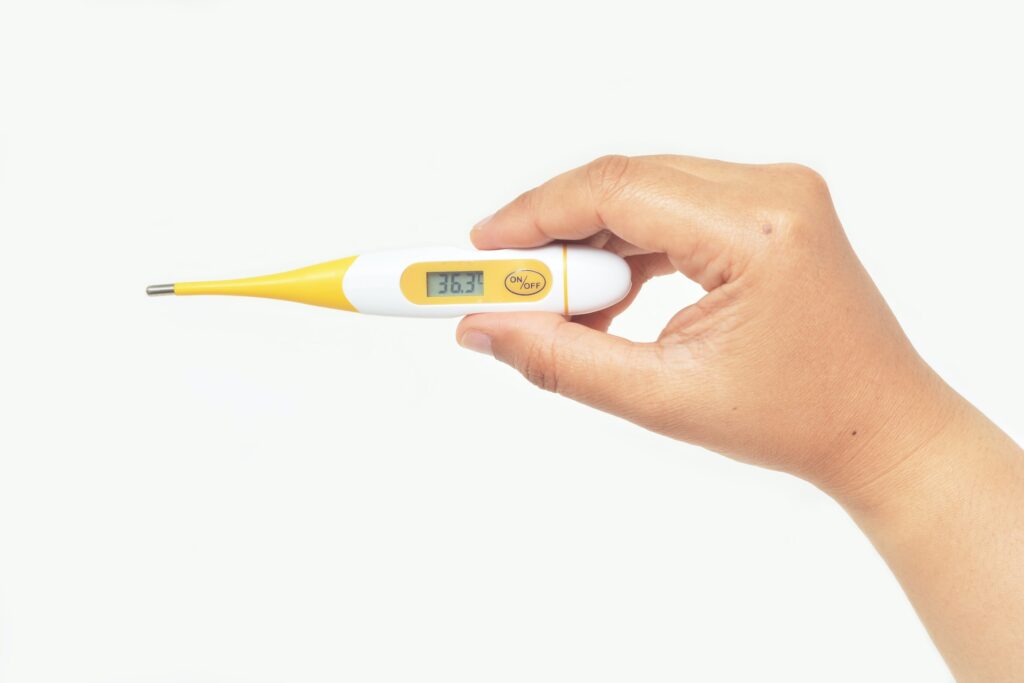
Ask for their thermometer and pulse oximeter readings. Make a plan for whom you should alert if they do not answer: even the fire department for a wellness check if nobody lives nearby. Even if your loved one has a live-in caregiver, your daily call can give that person some meaningful respite. When I knew someone else would be calling to check on my wife, I could take an hour to zone out with an episode of The Crown, or to take a much-needed nap.
Remind your loved one to eat.

Many people with COVID develop digestive difficulties from the treatment medication or from the viral infection itself. Encourage them to get good food in their bodies, even if they don’t have much appetite. Two friends made it their job to text us every day to ask “When was the last time you ate?” Sometimes a sick person needs help to figure out a meal: “There is no soup in your cupboard? Got any broth mix and pasta?” Sharing your lunch break or dinner time with a video call can make their day.
Help your friend or family member stick to their medication schedule.
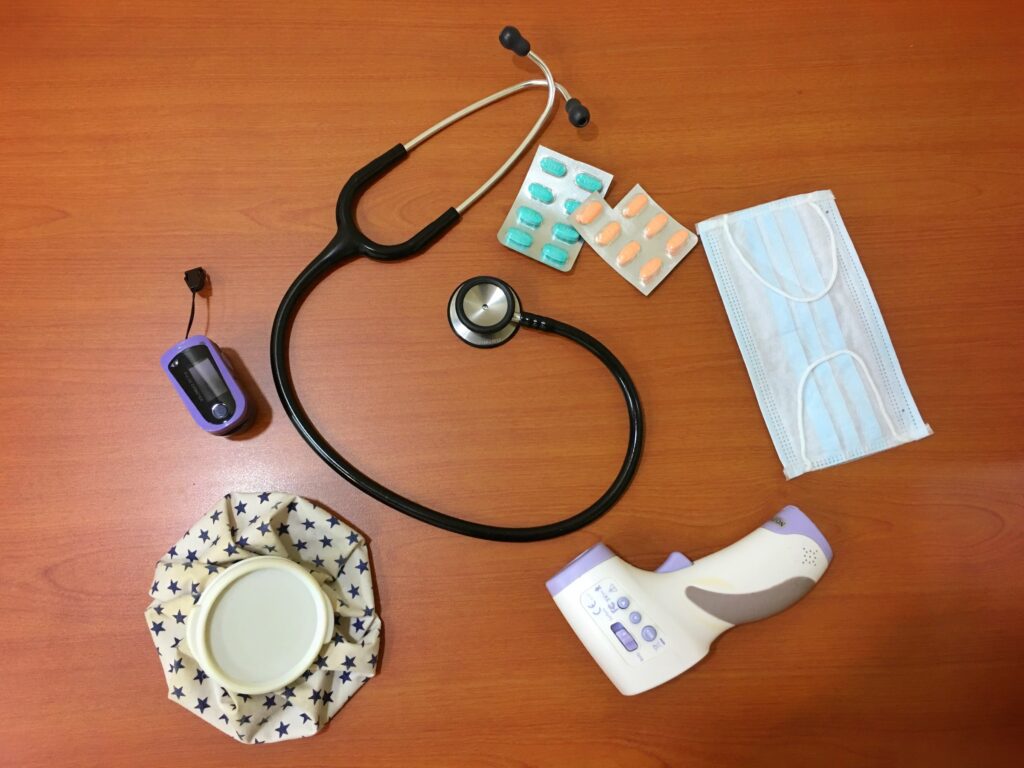
Text daily and ask them to reply once they have taken their meds (see #1, Covid-related mental fatigue and brain fog). You don’t have to be present in order to make this big difference in your loved one’s well-being.
Make a voice call instead of sending a text.

Being quarantined with Covid-19 can feel lonely. Don’t worry about it feeling weird to voice call. When my wife was hooked up to monitors and IVs in the hospital, she wasn’t up for a video chat, but even with an epic bedhead she enjoyed a surprise call from a colleague.
Play together.
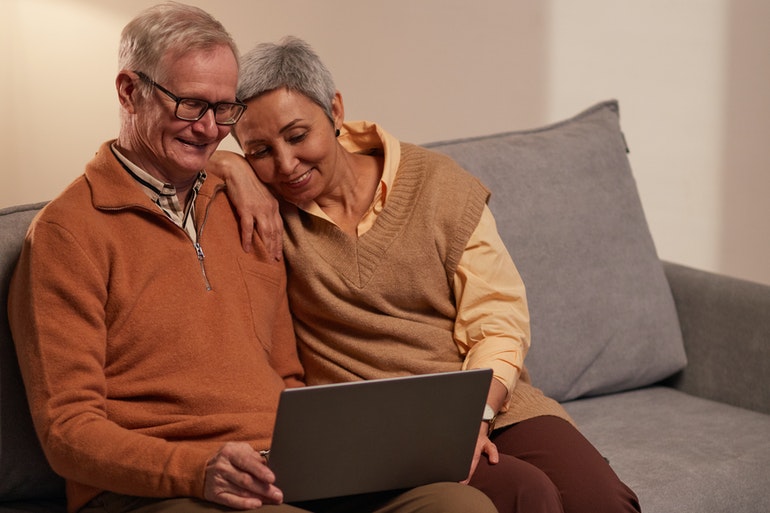
Being sick on the sofa is boring, and the news is hardly entertaining. As your friend’s energy returns, gather a few friends to talk trash while playing online Spades or your favorite MMORPG together. Doctors agree that belly laughs are great physical therapy for recovering lungs.
If you live in the same town, help them to quarantine.
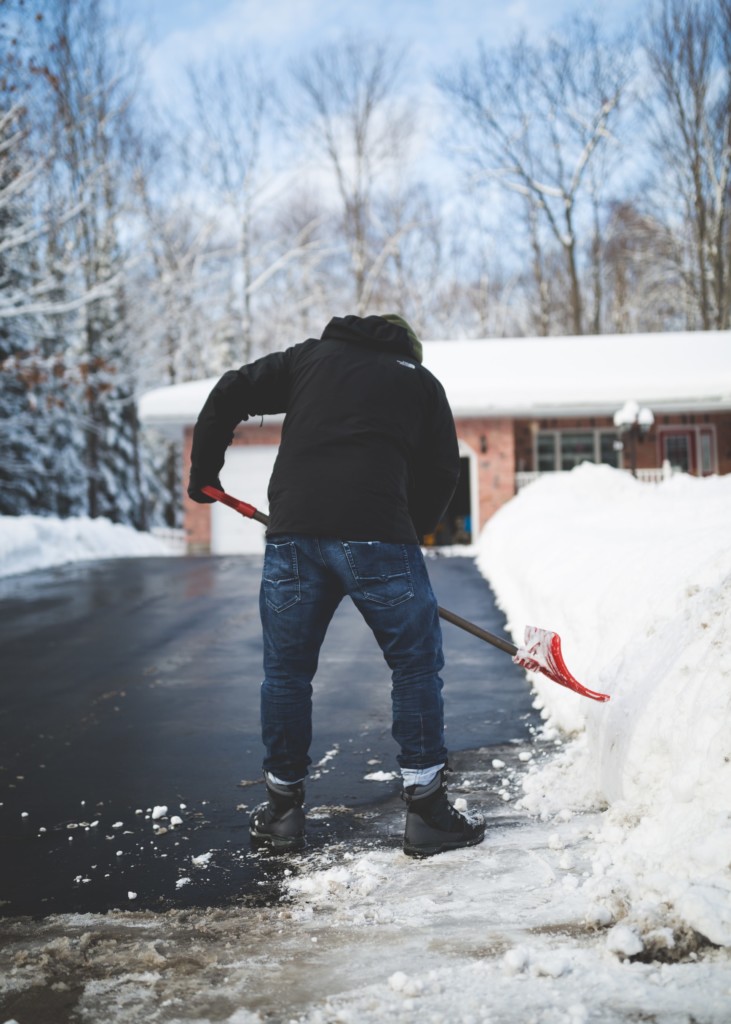
Shovel snow. Do laundry (safely). Dog-sit at your place. Take out their trash. You don’t have to do all of these tasks – just pick one and do it every week until your friend can leave home again. The neighbors who “just” brought letters and packages from our mail room to our door twice a week were our lifesavers, delivering vital things like our paychecks and PPE.
Instead of flowers, deliver some happiness.
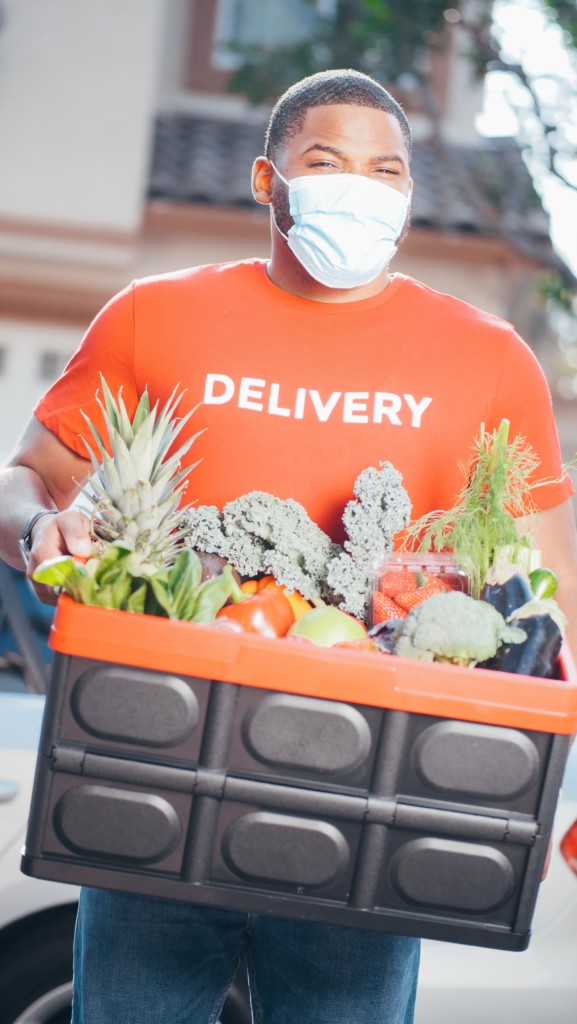
If you are far way but know the person well, order staple groceries online and have them delivered. Consider sending a restaurant gift certificate plus one for food delivery services like DoorDash or UberEats. (A friend in Malta sent us a whole tourtière pie.) Pre-pay for a month of pick up/drop off laundry service. These surprises are delightful to receive, and required no tending from us as recipients.
Send love notes.
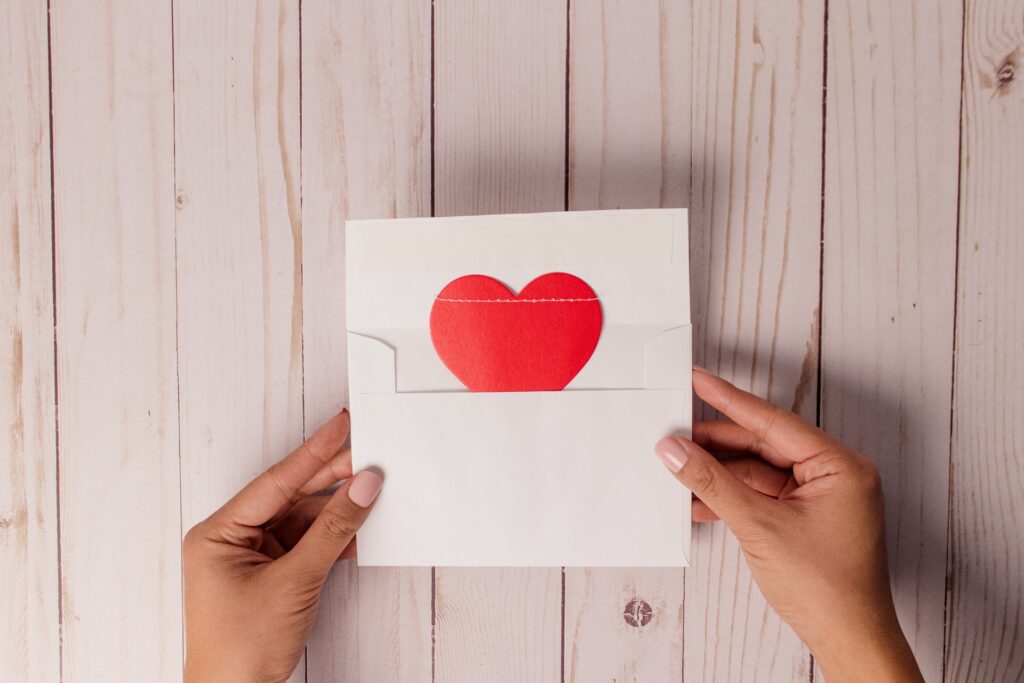
If the recovering Covidian doesn’t answer your call, they may be doing something very difficult yet vital: sleeping. Leave an encouraging voice message. Share the silly GIF or a story that’s making the rounds at work. Tag them in a video you posted of their toddler nieces being adorable. Even better: mail an old-fashioned Valentine card or a handwritten note. Allowing your friend to rest while still including them in your day-to-day life. .
Support the caregivers.

Taking care of someone with COVID is demanding. Live-in caregivers suddenly find themselves providing 24-hour home care, managing virtual medical visits, doing ‘round the clock childcare, often working from home – all while under quarantine. As a caregiver, I’ve needed meals, belly laughs, practical support, and deliveries of happiness, too.
My wife is beginning her long, slow recovery buoyed by all the love made visible as practical support. We’ll get through this pandemic because our relationships, whether nearby or far, are longer and stronger than COVID.

Mistinguette Smith is director of The Black/Land Project and an Encore Public Voices Fellow at the OpEd Project. Her family was just released from quarantine.
